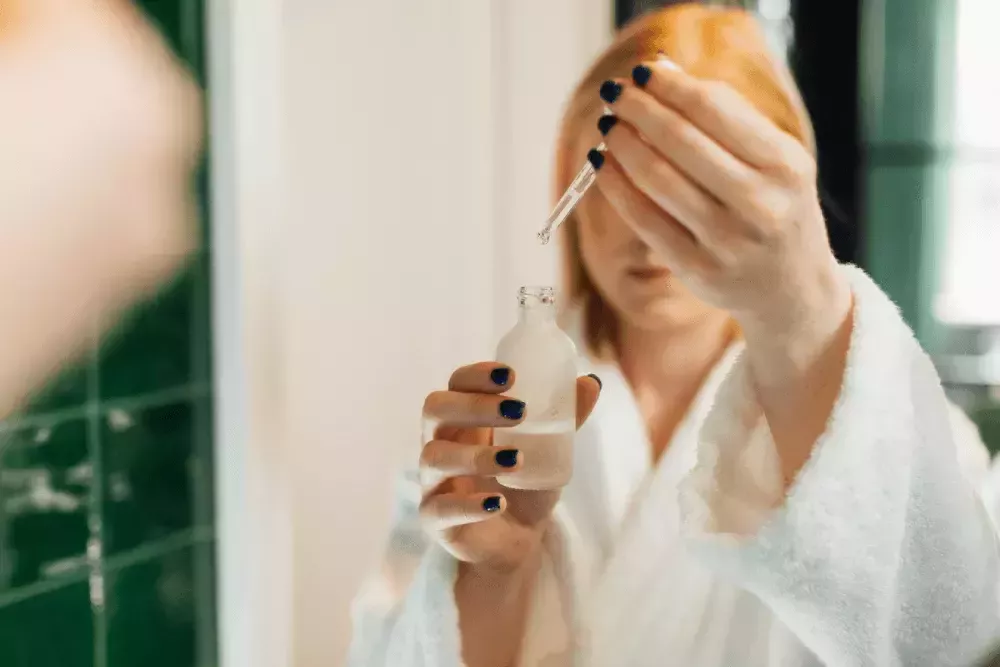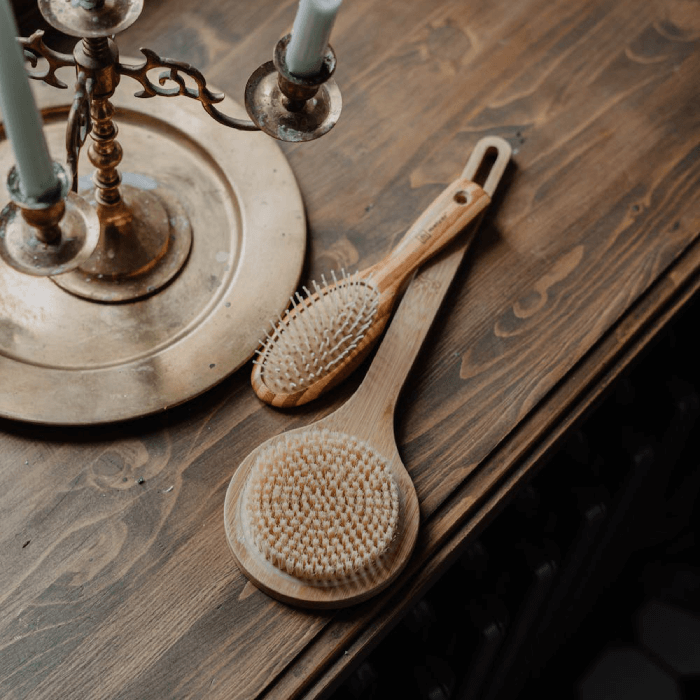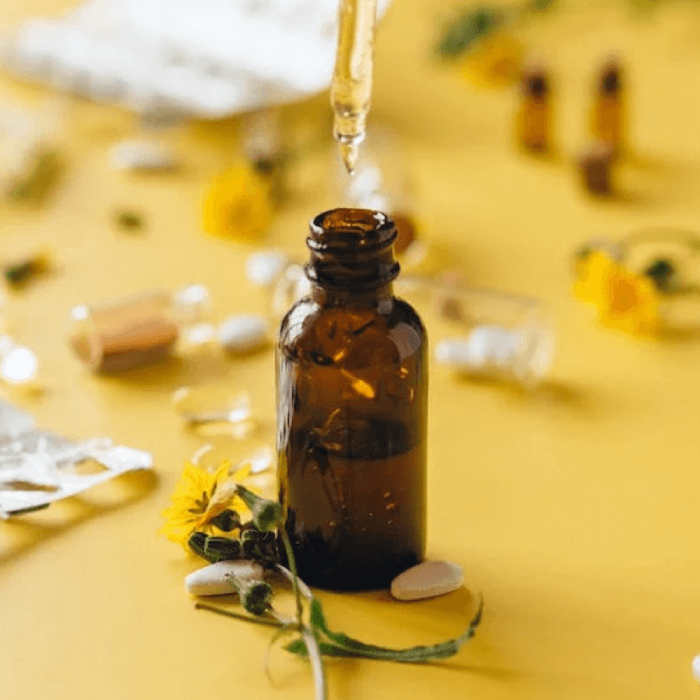Dealing with an Itchy Scalp: Tips and Tricks to Find Relief
Dealing with an itchy scalp can be a constant source of annoyance and discomfort. Your day can be ruined by the constant impulse to scratch your head, leaving you in need of relief.
If you've ever been in this situation, you're not alone. Many people face the frustration of an itchy scalp, in fact, a study revealed that 25% of its participants were dealing with an itchy scalp, but the good news is that there are treatments available.
To get quick relief from an itchy scalp and ensure long-term comfort, we will look at the causes of an itchy scalp, consider scalp comfort options, and offer scalp care tips to find immediate itchy scalp relief and ensure long-term comfort.
What Causes the Itch? Common Causes of an Itchy Scalp
There are several causes of itchy scalps, and knowing these causes is essential to obtaining treatment. The following are some of the reasons you may be dealing with an itchy scalp:
- Dryness: An overly dry scalp may become irritable and scratchy.
- Product Buildup: Overusing hair products can leave behind residue on the scalp, causing itchiness and discomfort.
- Seborrheic dermatitis or dandruff: These disorders frequently cause scalp flaking and irritation.
- Allergies or Sensitivities: Some hair dyes, products, and even materials used in hats can cause allergic reactions that cause the scalp to itch.
- Medical Conditions: Scaling, redness, and severe itching might be symptoms of medical conditions like psoriasis, eczema, or fungal infections on the scalp.
Natural Treatments and Over-the-Counter Products for Immediate Relief of an Itchy Scalp
Fast relief is a primary necessity when your scalp starts to itch. Fortunately, there are a number of over-the-counter products and natural treatments that can give you the immediate itchy scalp relief you require:
- Anti-Dandruff Shampoos: Shampoos that contain active chemicals like pyrithione zinc, selenium sulfide, or ketoconazole are good for treating dandruff. These can assist you in successfully removing itching brought on by dandruff.
- Tea Tree Oil: Known for its ability to fight bacteria, tea tree oil can provide itchy scalp relief. For a calming effect, combine a few drops with a carrier oil, like coconut or olive oil, and gently massage it onto your scalp.
- Aloe Vera Gel: Aloe vera's inherent anti-inflammatory and cooling characteristics make it a great choice for itch relief. For relief, massage your scalp with fresh aloe vera gel or a reliable commercial aloe vera product.
- Cold Compress: A cold compress might help dull the itching for quick relief. For a few minutes, place some ice wrapped in a cloth against your itchy scalp.
Long-Term Comfort: Lifestyle Changes and Preventive Measures
While immediate relief is crucial, so is long-term comfort and protection. You should consider following these scalp care tips for dealing with an itchy scalp:
- Stay Hydrated: Hydrating your hair well helps keep the scalp in top shape. So hydrate well throughout the day.
- Gentle Hair Care: Select gentle, sulfate-free shampoos and cut down on the usage of stylingproducts with severe chemicals.
- Balanced Diet: Ensure you eat a balanced diet, consisting of fruits, vegetables, and lean proteins to help your scalp thrive.
- Stress Management: Itching can get worse with high stress rates. Try activities which help reduce your levels of stress including deep breathing exercises, yoga, and meditation for relief.
- Avoid Excessive Heat: Styling irons and hot hair dryers will only make the itchiness worse. Turn them down and use them less often.
When to Seek Professional Help When Dealing With an Itchy Scalp
Unbearable and Persistent Itching: If the itching doesn't reduce despite trying various remedies, then professional advice is needed.
Sores, Blisters, or Mysterious Scalp Lesions: Any unusual skin changes on your scalp may require a visit to your dermatologist.
Hair Loss alongside Itching: If you notice hair loss accompanying the itch, then it may be time to consult a professional.
In these cases, a healthcare provider can diagnose and treat any underlying conditions causing the itch.
FAQs About Itchy Scalps
Let's address some common questions about itchy scalps:
Q: If I use certain hair products, will my scalp itch?
A: Yes, using hair products that contain harsh chemicals or ingredients you are allergic to will cause itchy scalp and inflammation.
Q: Is it safe to scratch my itchy scalp?
A: Scratching might feel good in the moment, but it’s only going to make things worse and add to the problem by aggravating it more. The most effective strategy is to keep from scratching.
Q: Are there any dietary changes that can help prevent scalp itchiness?
A: Eating a diverse diet and getting enough nutrients in the body will help keep your scalp health and decrease itchiness.
Conclusion
An itchy scalp does not have to be a never-ending saga. By understanding the causes behind the itch and following scalp care tips for both immediate and long-term relief, you can finally find scalp comfort solutions and bid farewell to dealing with an itchy scalp. And remember, if your itch persists despite your efforts, seeking professional guidance is a wise step towards uncovering the root cause.






